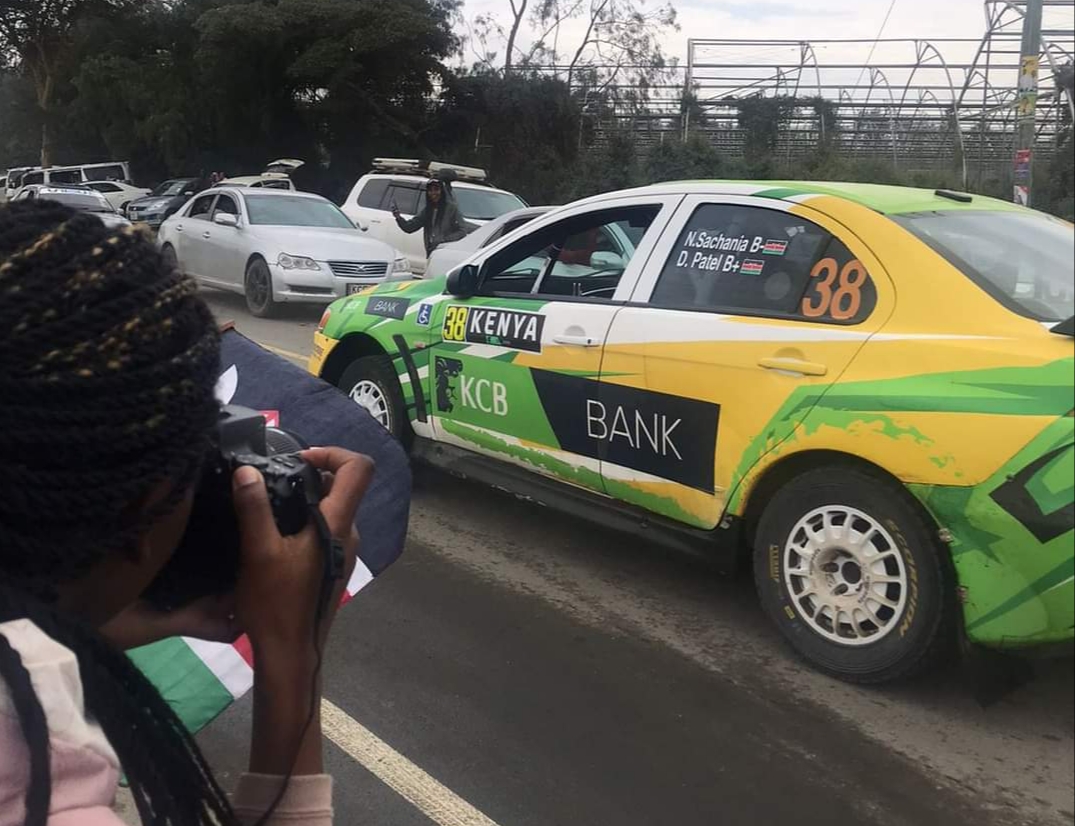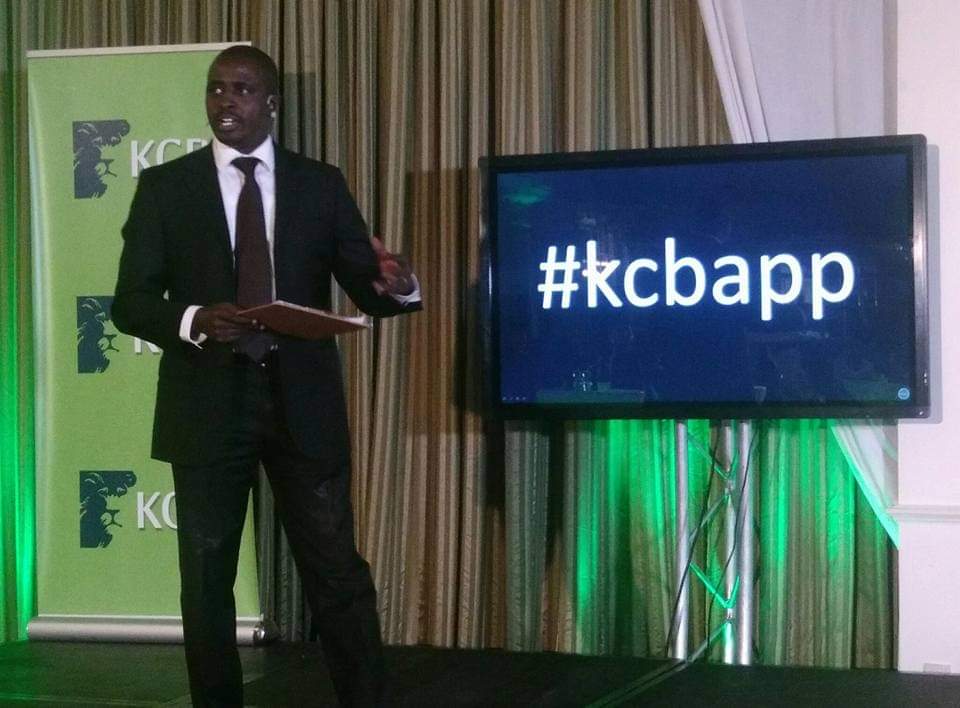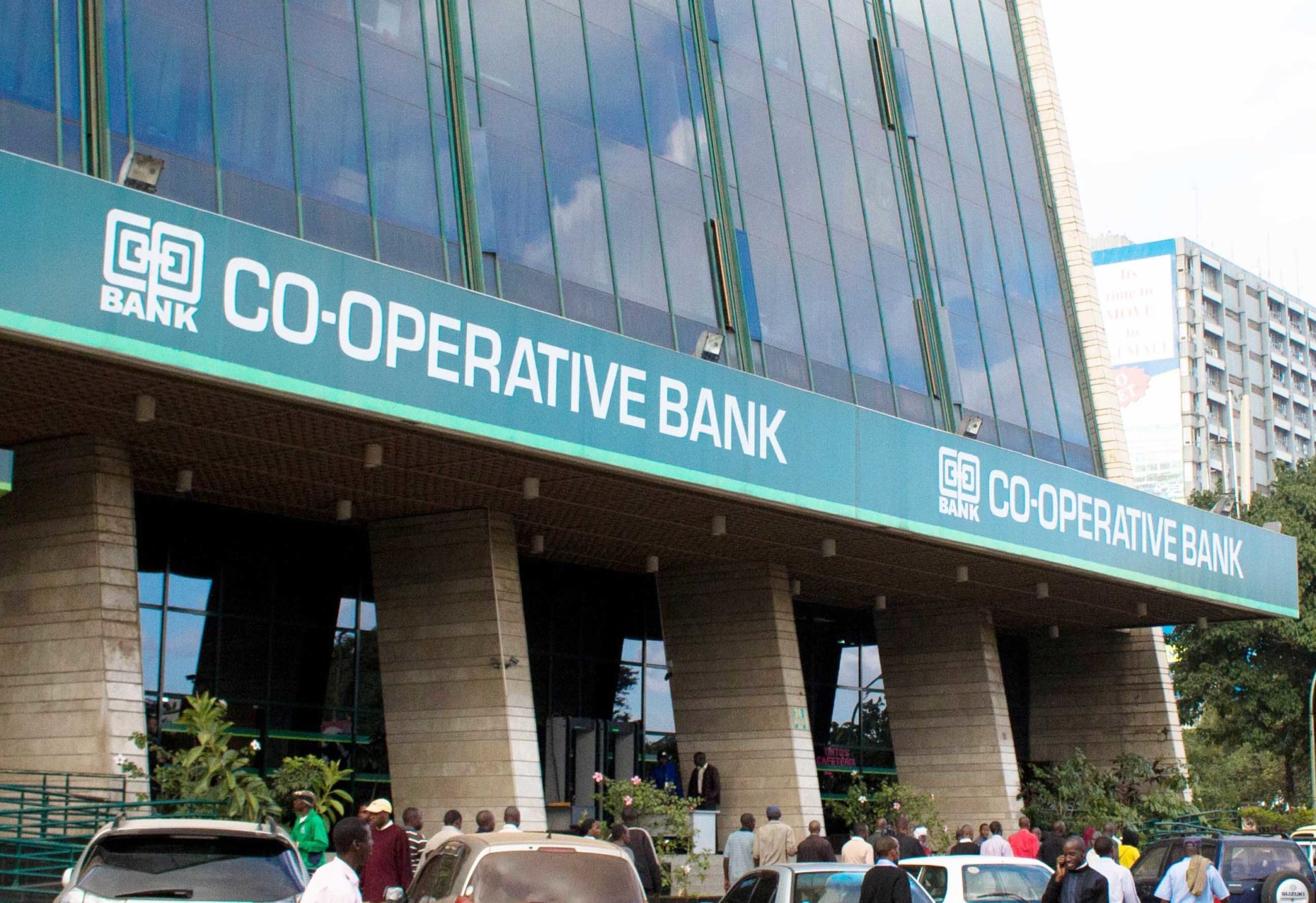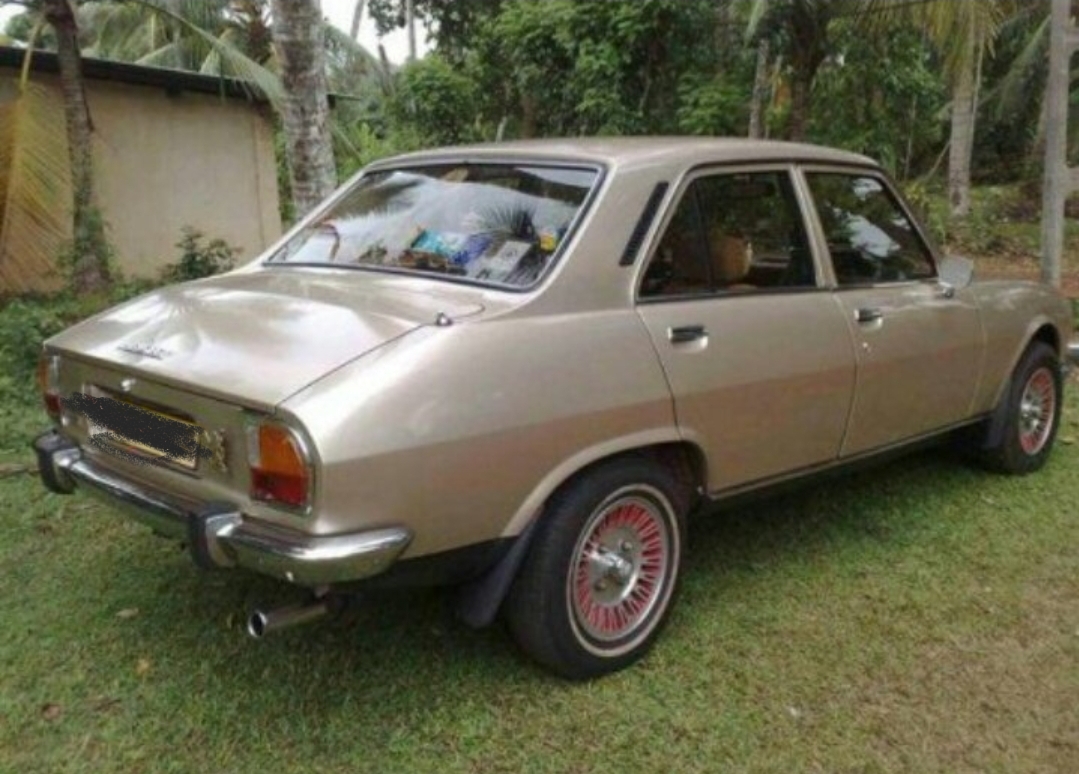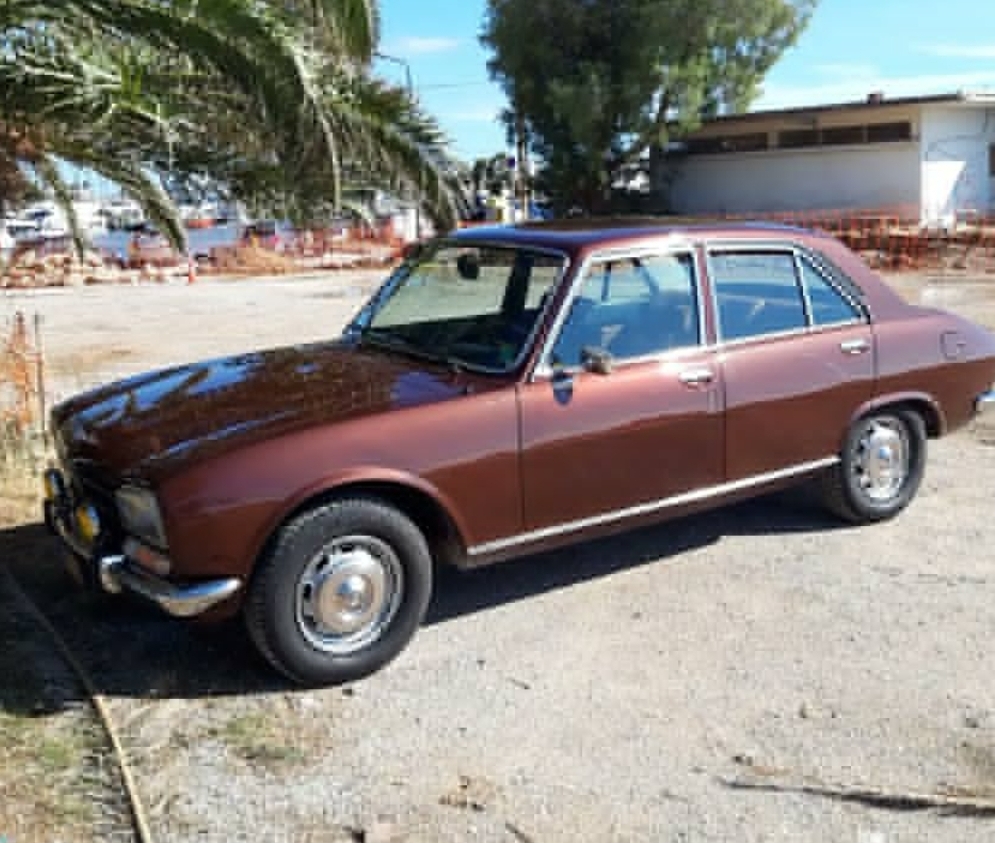My son recently sat for his KCSE paper. Well, it happens that a few weeks prior, the school organizes a Career Day.
I’m a member on their WhatsApp group – but, who really reads those memos?
The typical Kenyan, I arrived late. I had thought it’s a regular parent-student clinic day. I was ushered into the hall, picked a chair at the rear.
Backbenchers, hooray!

Someone in a suit and tie was speaking at the front, behind a glass lectern. Felt like church.
“….think of a baby just born, struggling to breathe. They have super tiny lungs. As a pediatrician, I have to step in and save that child’s life. It’s much more than just about medicine …..”
The guy was a pediatrician. He had the students hooked on every word. In another lifetime, that doctor would have made a terrific politician.
Flawless delivery.
Next up was a soldier, retired. He’s usually very vocal on regular clinic days, popular for a ‘bad boy’ image. He had to be urged off the stage, after his slotted half hour.
We listened to teachers, community health workers, a priest (he had a nephew), a chef, the local MCA and a few businessmen.
Now, the MC spotted me – and, since my boy was the school’s Head Captain, I had to make a few remarks.
For context, I’m a driver. A Matatu driver.
The boys started to cheer. The walk to the front seemed like a mile long. My mind was spinning – I had to improvise. Fast!
Suddenly, I thought – ah, let’s have a Q&A session. It worked.
Surface to say, that I got double the half hour slotted for each speaker!
Boy 1: How long you been driving?
Me: I’ve been driving since I was 22. Now, been 25 years. I’ve been on the road longer than you guys been alive! Wangapi wa Rongai? (Cheers!)
Boy 2: Ever had a fight on the streets?
Me: (Looking serious) Fighting is never an option, but, hey – the streets are not kind to weak men. Sometimes, you have to protect your territory. Son, do not fight, though. Try to walk away. If not …. (I theatrically punched the air).
Ah, the hall erupted into a loud cheer. Alas, I was getting more popular than the soldier, even!
Boy 3: How many Matatu’s do you operate?
Me: Six. I run with one. The other five have different crews.
Boy 4: How much money do you per month?
Me: Well, it depends a lot on the season, the days. For example, there’s more on back-to-school days and weekends.
Also it depends on how hardworking each crew is. I just check accounts every Friday to see how each is doing.
Boy 5: So, the crews have to bring you money every evening? That’s awesome!
Me: Nooo! I don’t meet them. Every Matatu has a separate account at KCB Bank. They just place their earnings in an envelope and deposit through a KCB ATM at any Express branch along their routes.
I later check how much has reflected on each account.
I could see new respect for my kind in their eyes. It was mad fun for me.
No offense, but 75% of the kids in that hall suddenly had a career prospect that was actually within their reach.
Only a few would make dentists, priests, architects or soldiers. I tried to make it as real as possible.

I showed them that a basic grasp of business skills is enough to turn any occupation into a success. Not just drivers – but, farmers, green grocers, et al.
All through, I tried to ignore my son on the front row, screaming silently at my exaggerations! I had earned him crucial points in the popularity meter.
His friends kept slapping him on the back!




